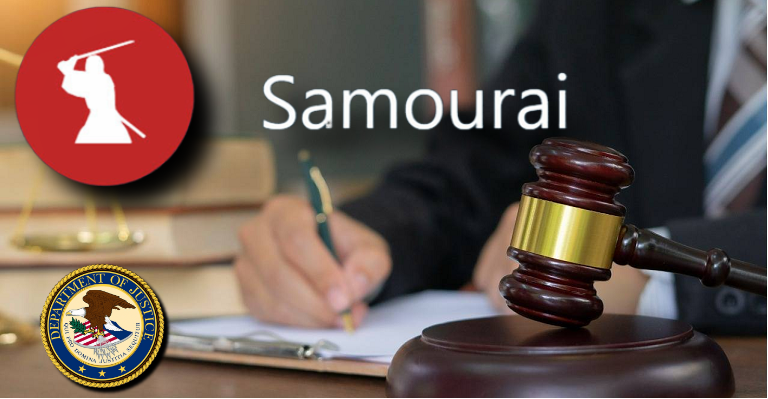TL;DR
- The founders of Samourai Wallet requested the dismissal of the DOJ’s case, arguing that their software never handled funds and should not be classified as a money transmitter.
- They argue the DOJ contradicts previous U.S. Treasury and FinCEN guidelines, which exempt non-custodial privacy apps from such regulations.
- Several pro-crypto groups warn this case could set a dangerous precedent against innovation and the development of decentralized tools.
The developers of Samourai Wallet, Keonne Rodriguez and William Hill, have filed a motion in a New York federal court to dismiss charges brought by the Department of Justice (DOJ), which accuses them of operating an unlicensed money transmitting business and conspiring to commit money laundering. According to their defense, the app never controlled user funds and should not be considered a financial institution under federal law.
Samourai Wallet is a Bitcoin privacy tool based on non-custodial technology. This means that users always retain control of their cryptocurrency, while the app merely facilitates more private transactions through CoinJoin, a method that mixes funds from multiple users to obscure the origin and destination of transactions on the blockchain. While controversial for some regulators, this practice is seen by much of the crypto community as a legitimate means to protect digital privacy against mass surveillance.
FinCEN Clearly Distinguishes Custody From Privacy
The defense bases its argument on publicly available documents and guidance issued by the Financial Crimes Enforcement Network (FinCEN), a bureau of the U.S. Treasury, which for years has maintained that providers of anonymizing software—so long as they do not accept or transmit funds—are not required to register as money transmitters. According to the attorneys, the DOJ’s accusation represents a radical and unprecedented departure from this long-established position.
The lawyers compared the case to prosecuting a shovel manufacturer because criminals might use shovels to bury bodies, or blaming the makers of burner phones for the fact that drug dealers use them. They fear that if this legal theory is allowed to stand, it could be used against any software developer focused on privacy, even those who never take possession of digital assets.
Crypto Community Rallies Behind a Crucial Case
Organizations like Coin Center and the DeFi Education Fund are planning to file legal briefs in support of the accused, warning that this case could hinder technological progress in the blockchain sector and threaten fundamental civil liberties, including financial anonymity.
The court hearing is set to begin on July 22. Meanwhile, the crypto world is watching closely, as what’s at stake is not just the future of Samourai Wallet, but the legitimacy of free software and financial privacy in the digital age.

